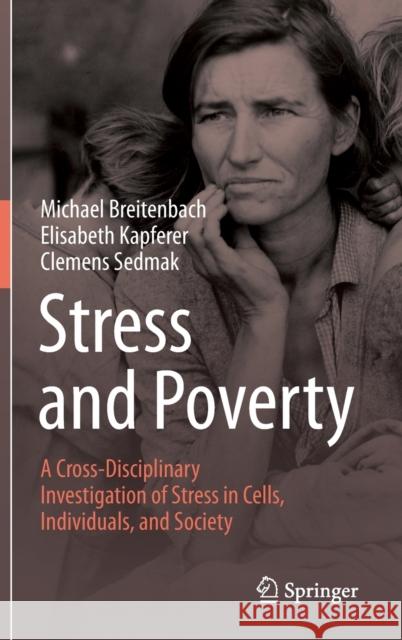Stress and Poverty: A Cross-Disciplinary Investigation of Stress in Cells, Individuals, and Society » książka
topmenu
Stress and Poverty: A Cross-Disciplinary Investigation of Stress in Cells, Individuals, and Society
ISBN-13: 9783030777371 / Angielski / Twarda / 2021 / 234 str.
Kategorie:
Kategorie BISAC:
Wydawca:
Springer Nature Switzerland AG
Język:
Angielski
ISBN-13:
9783030777371
Rok wydania:
2021
Wydanie:
2021
Ilość stron:
234
Waga:
0.53 kg
Wymiary:
23.39 x 15.6 x 1.6
Oprawa:
Twarda
Wolumenów:
01
Dodatkowe informacje:
Glosariusz/słownik
Wydanie ilustrowane
Wydanie ilustrowane











